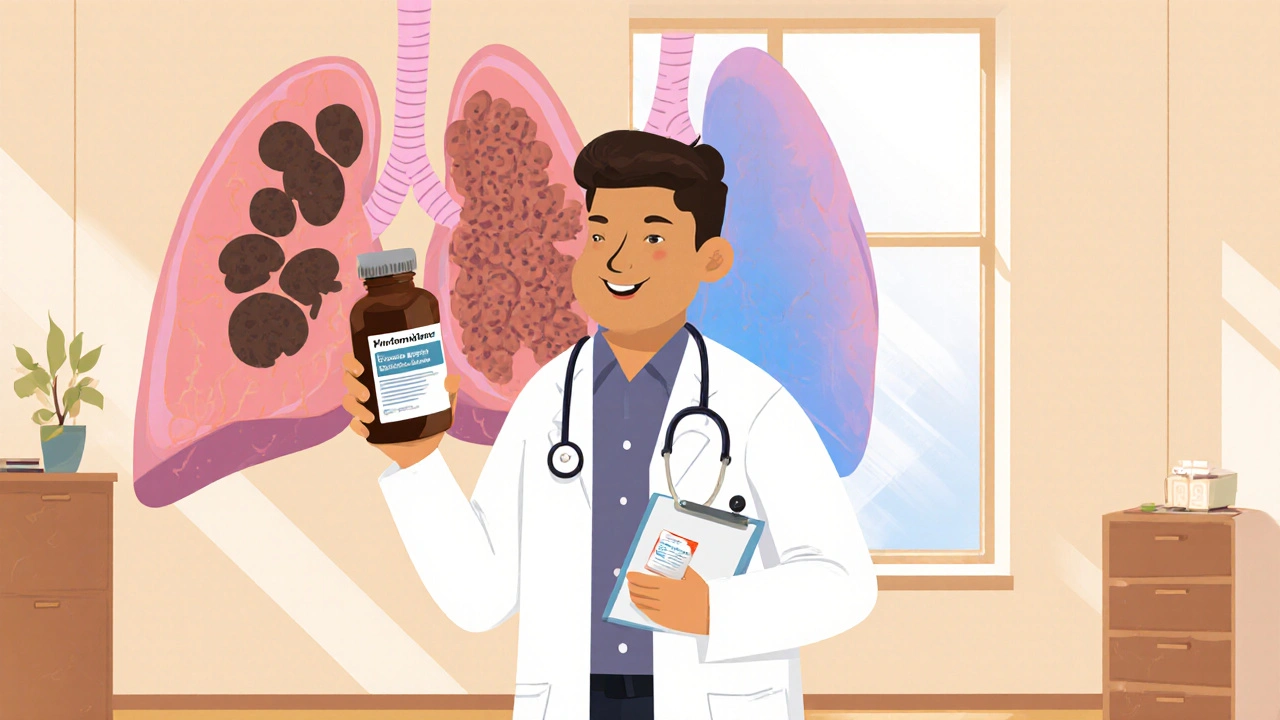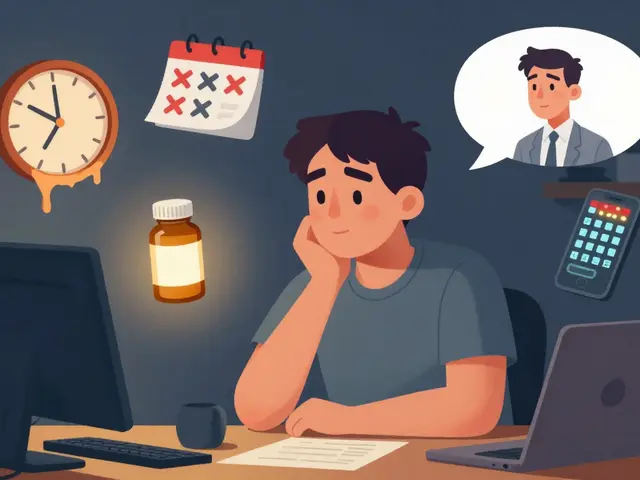Lung Fibrosis Drug: What Works, What’s New, and What to Know
When it comes to lung fibrosis drug, a medication designed to slow or stop the scarring of lung tissue. Also known as antifibrotic therapy, it’s not a cure—but for people with idiopathic pulmonary fibrosis, a progressive disease where lung tissue thickens and stiffens without a known cause, it’s the best tool doctors have to buy time and keep breathing easier.
Two drugs, pirfenidone and nintedanib, are the only ones approved worldwide for IPF treatment, the most common form of lung fibrosis. They don’t reverse damage, but they cut the rate of lung function decline by about half. That’s not glamorous, but for someone losing breath climbing stairs or carrying groceries, it’s huge. These drugs work differently: one blocks signals that trigger scar tissue growth, the other shuts down multiple pathways that fuel fibrosis. Both come with side effects—nausea, dizziness, sun sensitivity—but most people stick with them because the alternative is faster decline.
There’s no magic bullet yet, but research is moving fast. New studies are looking at drugs that target specific immune cells, stem cell therapies to repair damaged lung tissue, and even gene-based treatments. The pulmonary fibrosis medications, a growing category of drugs aimed at halting lung scarring are no longer just about slowing things down—scientists are now trying to stop it before it starts. Clinical trials are testing combinations, repurposed drugs, and even inhalable versions to reduce side effects. What’s clear is that the old idea of "do nothing and wait" is gone. If you or someone you know has lung fibrosis, knowing what drugs are available now—and what’s coming—can change the game.
Below, you’ll find real-world breakdowns of treatments, comparisons between options, and updates on emerging therapies. No hype. Just what works, what doesn’t, and what’s on the horizon for people living with this condition.






